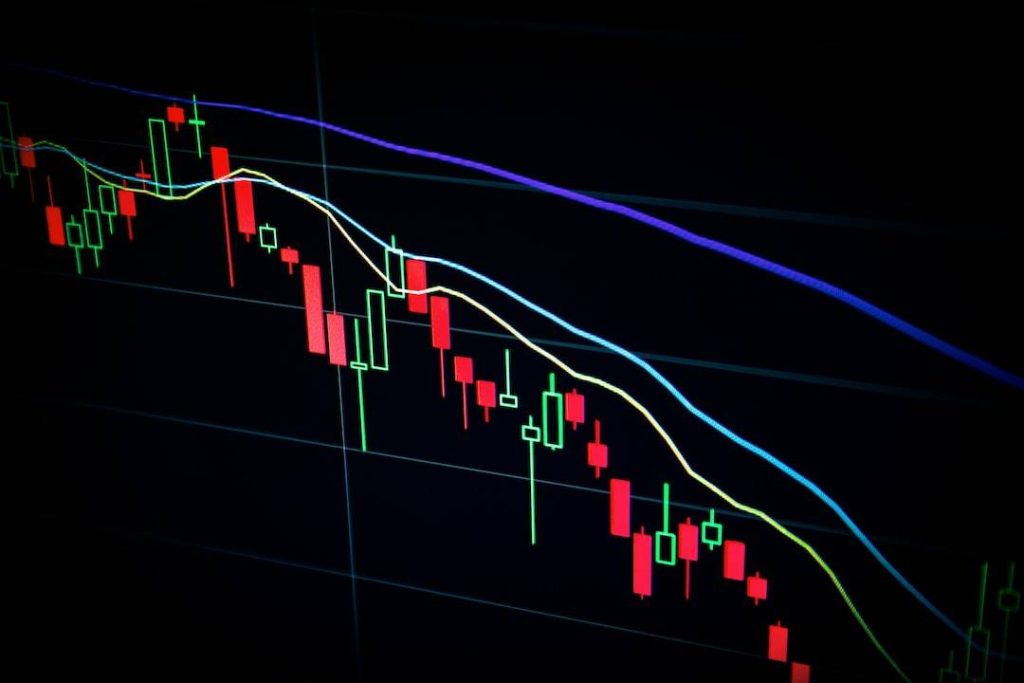The Age Question in Crypto Regulation
The cryptocurrency industry poses a challenge for aging members of the United States Congress who are tasked with understanding and regulating this rapidly evolving market. The question arises: are Congress members over 80 years old equipped to comprehend and effectively regulate cryptocurrencies?
The Octogenarian US Congress Members
– Senator Charles Grassley (R-IA) and Dianne Feinstein (D-CA), both aged 89, are among the seasoned politicians in Congress.
– House Speaker Nancy Pelosi (D-CA) and Senate Minority Leader Mitch McConnell (R-KY) are also over 80 years old.
The Complexity of Regulating Crypto
Regulating cryptocurrencies involves various complexities, including technical intricacies, economic implications, and regulatory challenges:
– Technical Intricacies: Understanding blockchain technology, cryptographic hashes, and public and private keys requires significant technical knowledge.
– Economic Implications: The volatility and speculative nature of cryptocurrencies raise debates about their impact on national and global economies.
– Regulatory Challenges: The decentralized and anonymous nature of crypto makes traditional regulatory approaches difficult, necessitating a deep understanding of crypto mechanics.
US Congress Crypto Regulation Initiatives
Despite concerns about their age, the 118th Congress has seen active discussions on crypto legislation, including the division of jurisdiction between the SEC and CFTC. Stablecoin regulation and the classification of tokens as securities or commodities are also key areas of focus.
America’s War on Crypto
While some members, like Elizabeth Warren, remain skeptical of crypto, Congress is making strides towards regulation with acts like the Blockchain Regulatory Clarity Act and the Financial Technology Protection Act.
Hot Take
Age should not be the sole determining factor in assessing the ability of Congress members to regulate cryptocurrencies. Experience and expertise can compensate for potential gaps in understanding. However, it is essential for Congress to seek guidance from industry experts and leverage the knowledge of younger generations to ensure effective regulation in the digital age.





 By
By
 By
By

 By
By

 By
By